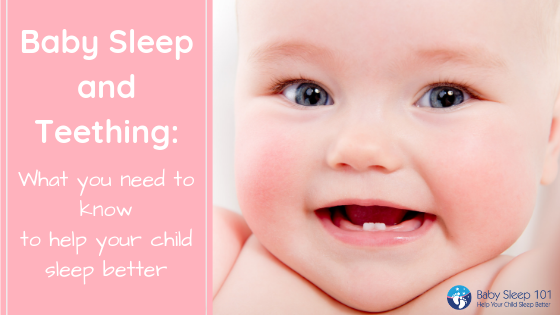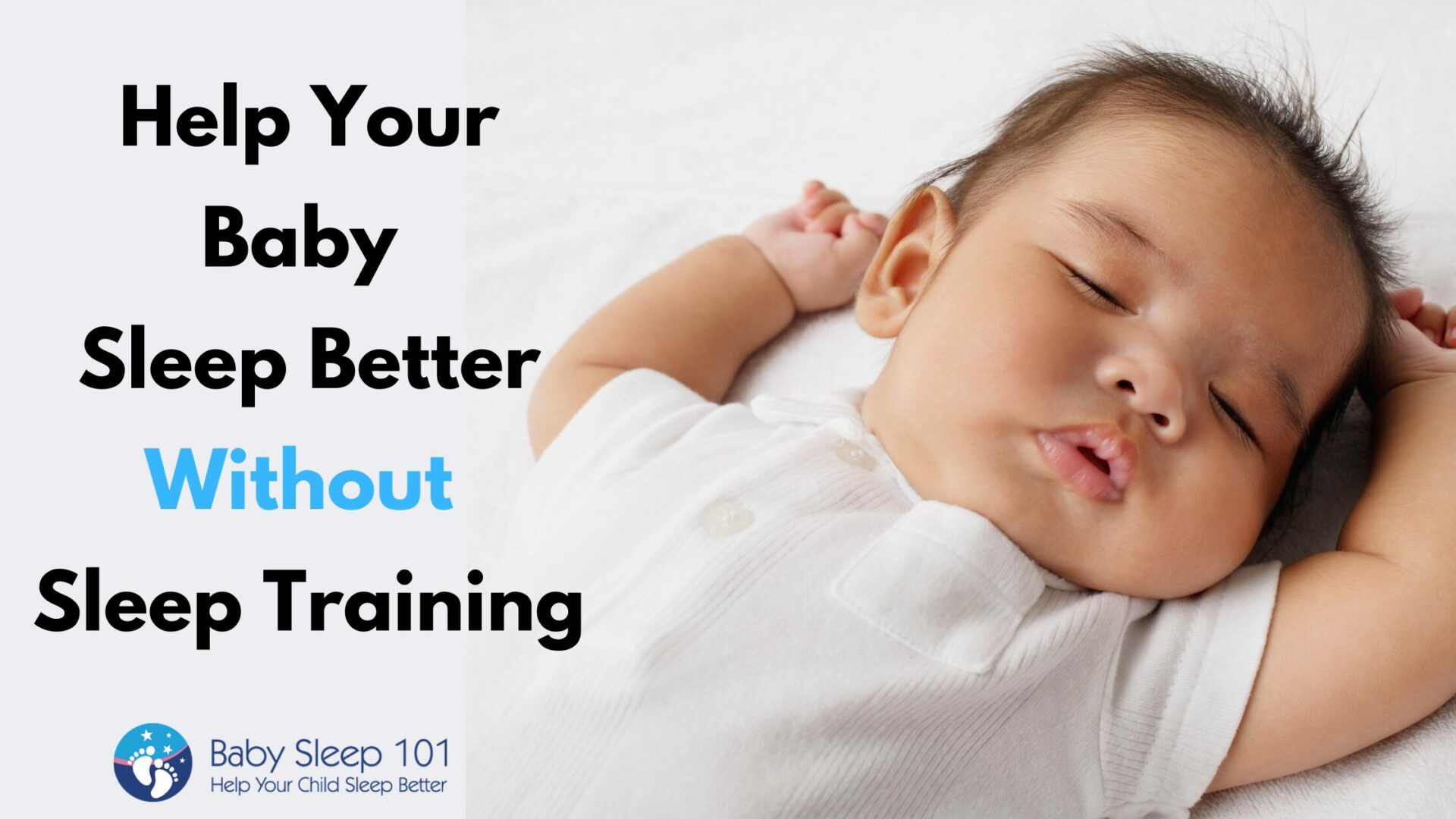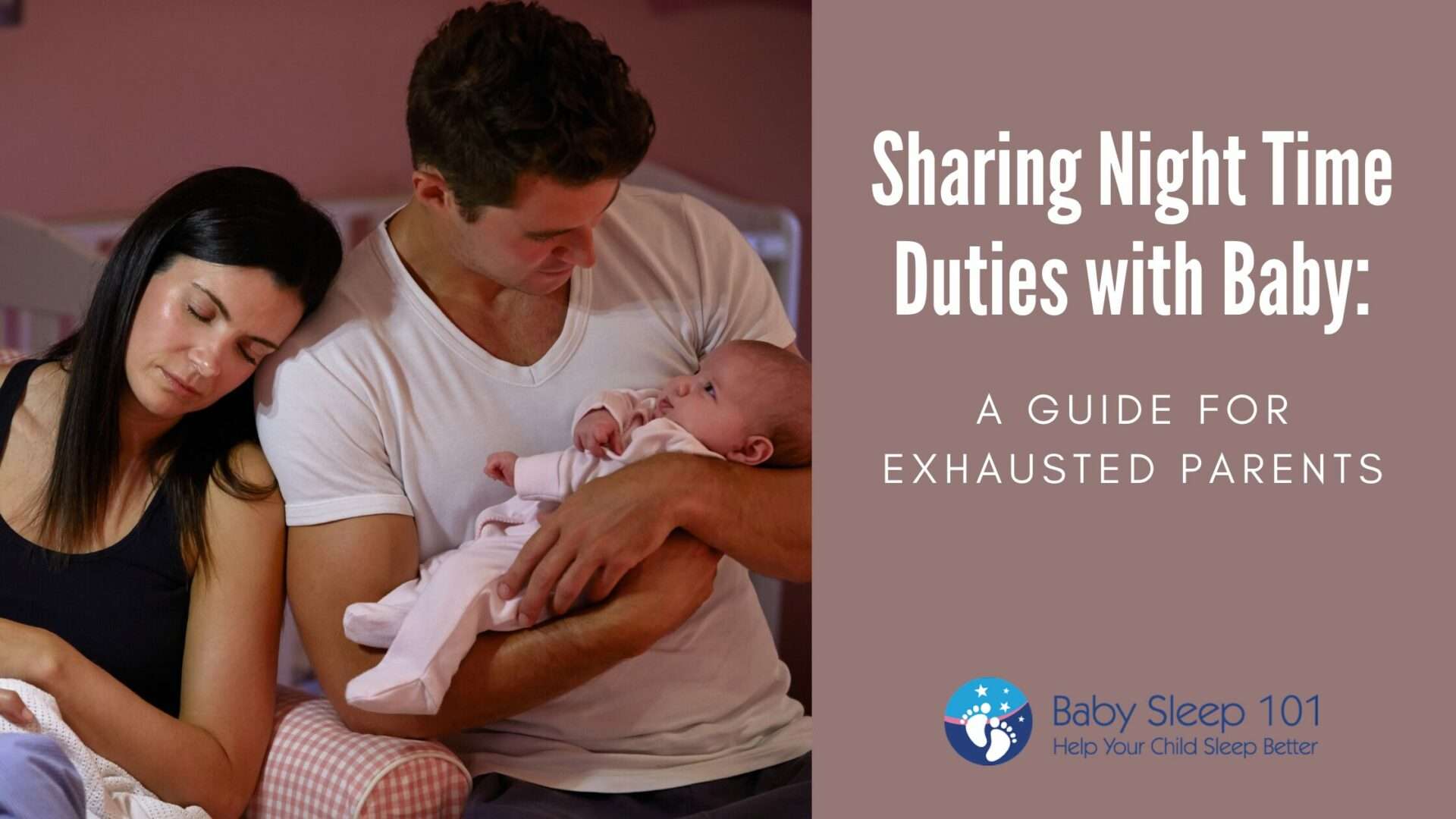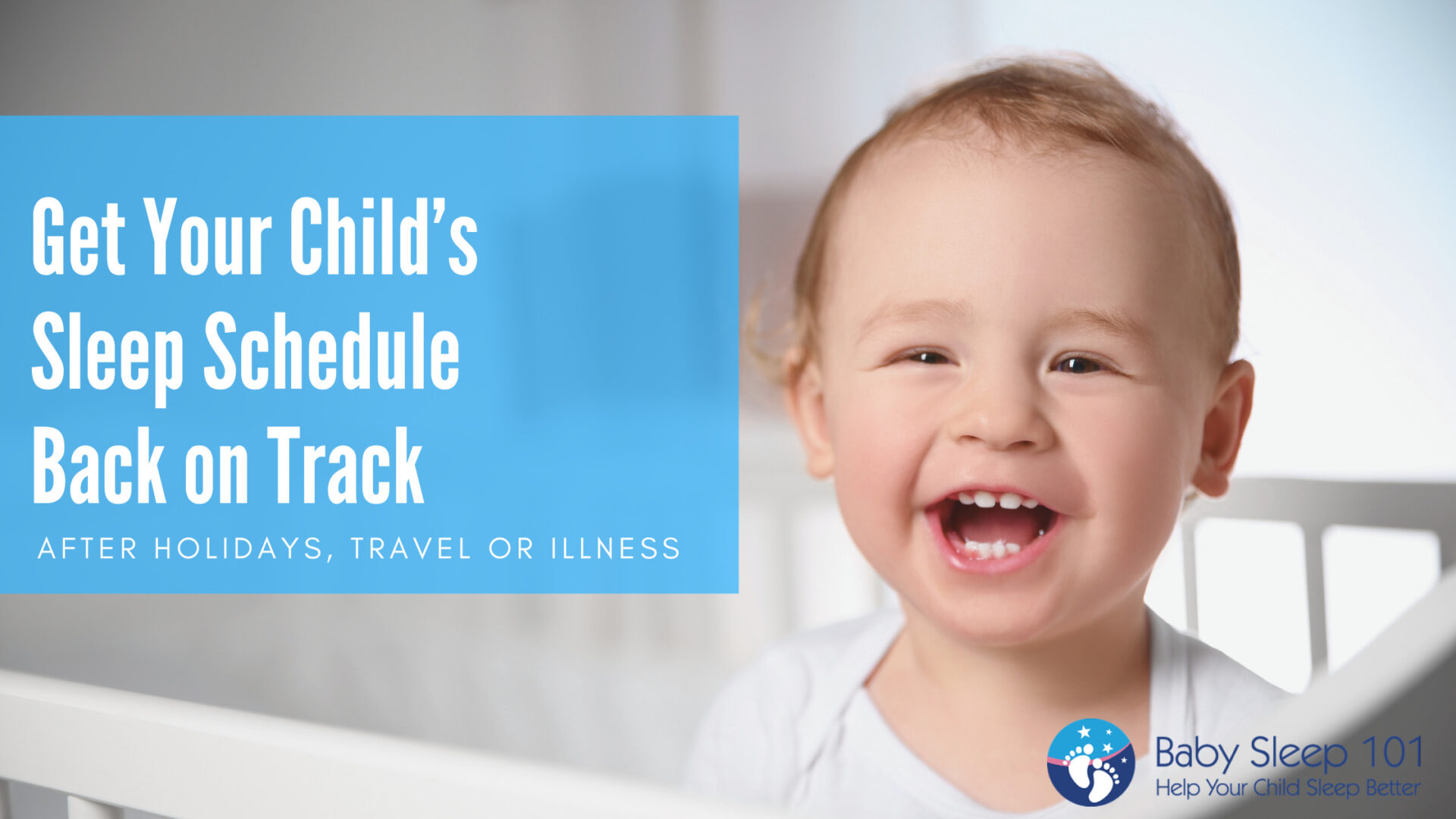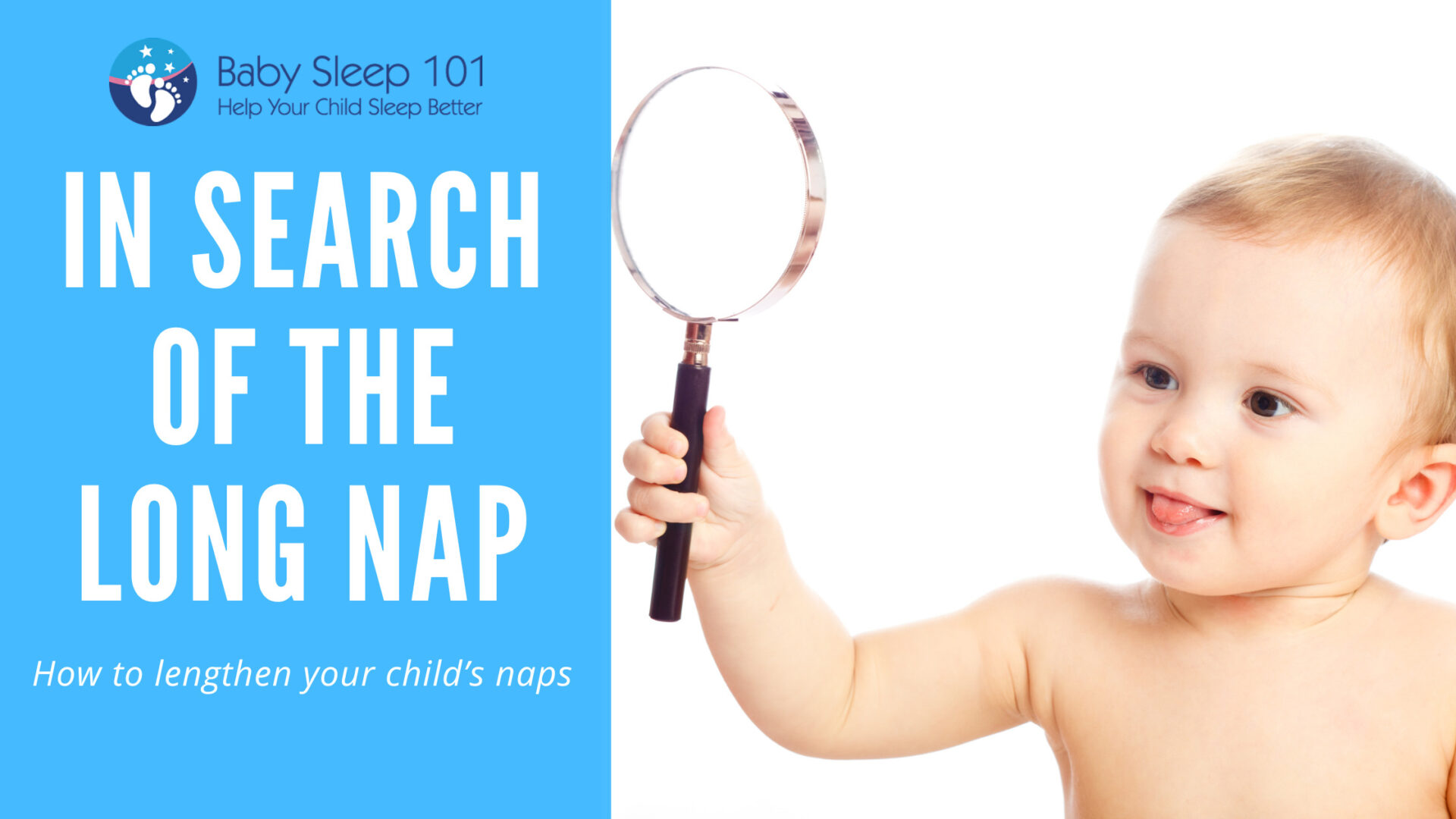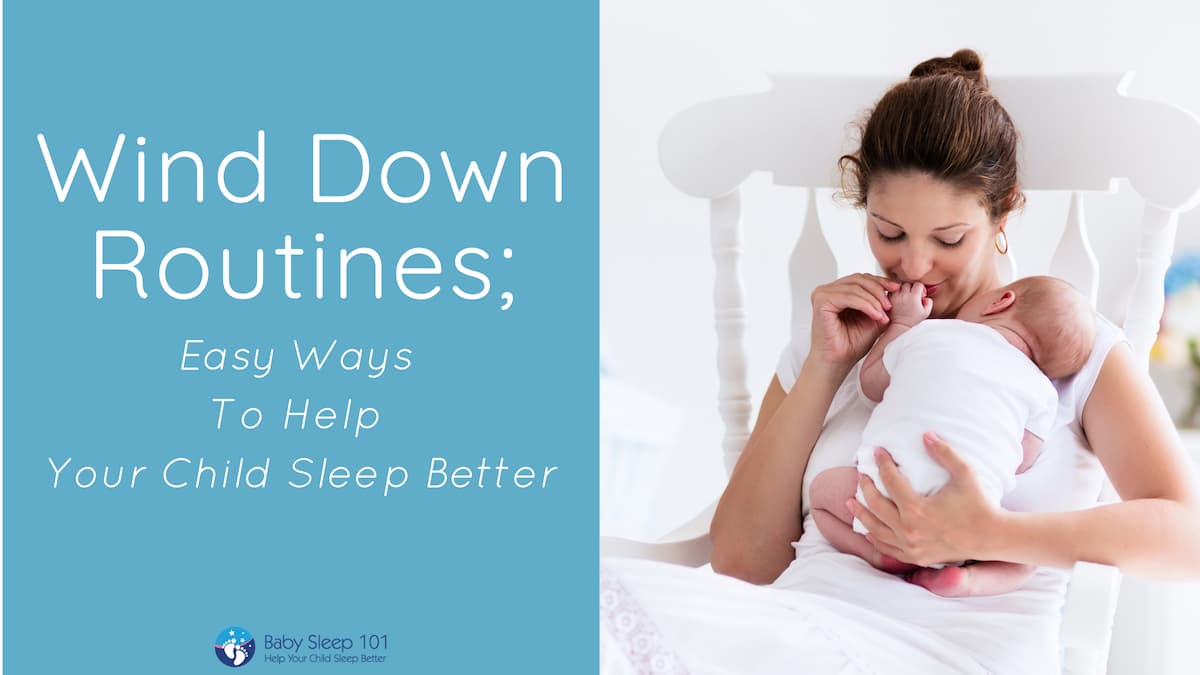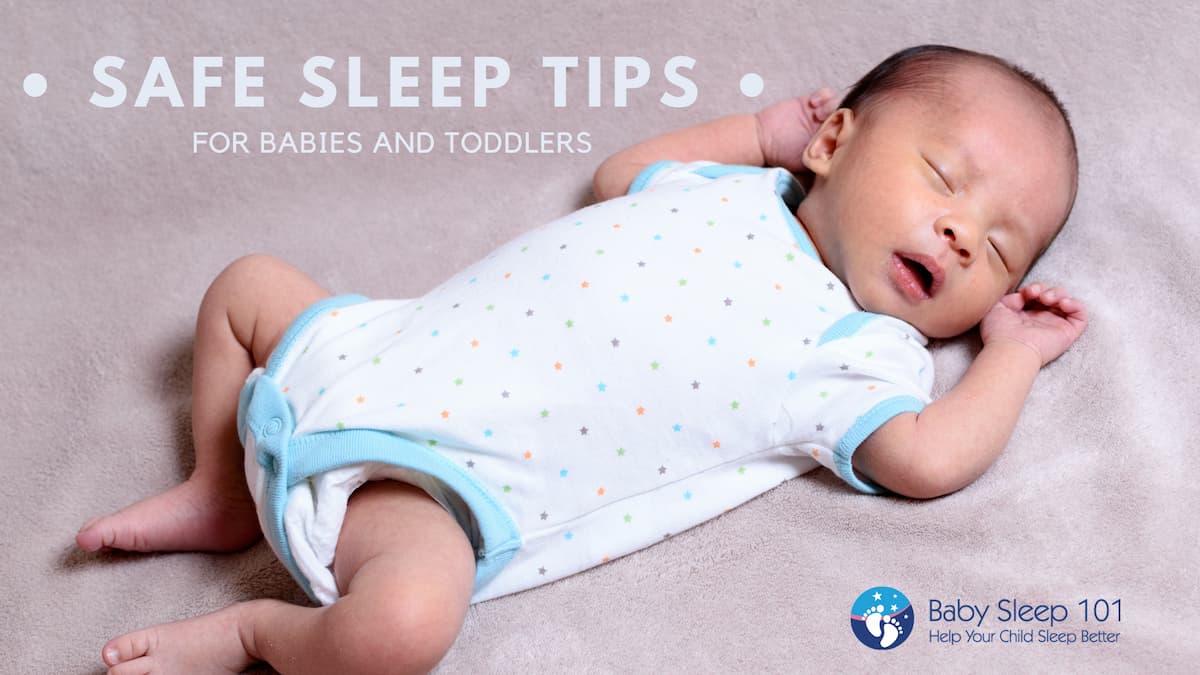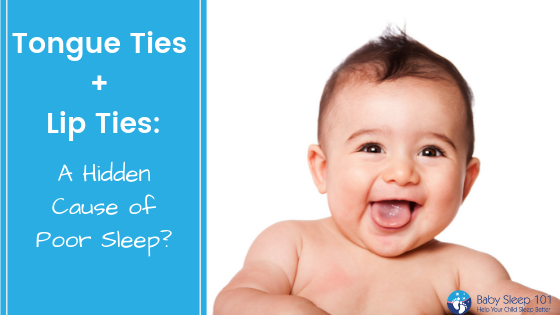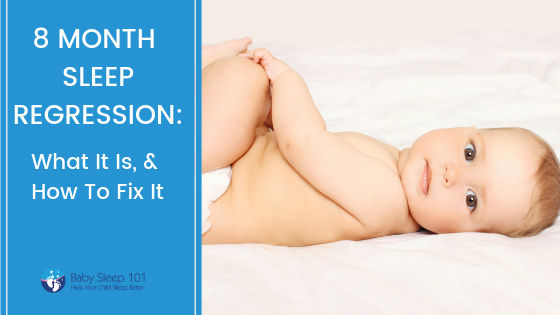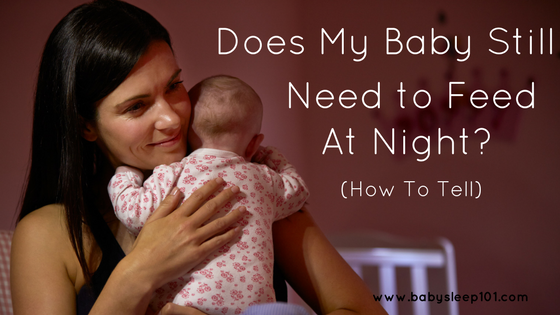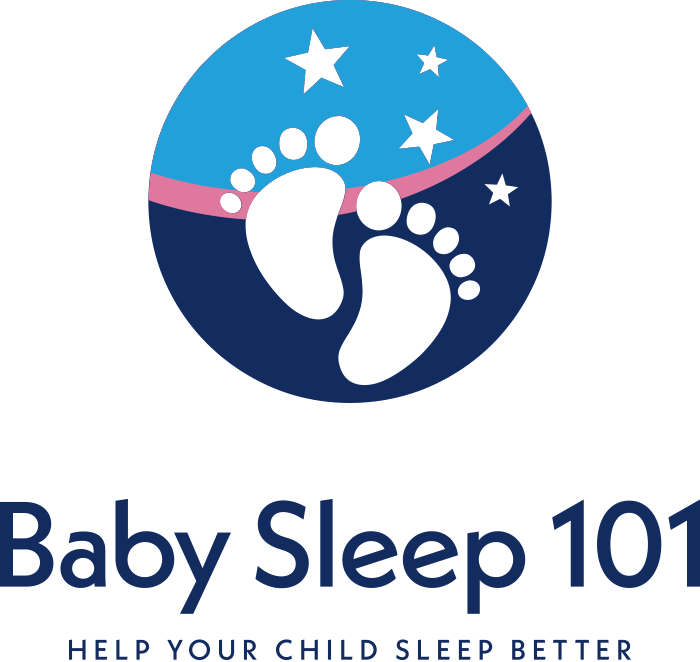We’re frequently told that teething and poor baby sleep go hand-in-hand. But is that always the case?
Teething and Baby Sleep
When I had my first baby, and she wouldn’t sleep, teething was the frequent go-to reason.
Not napping at 4 months? Teething
Not sleeping well at 6 months? Teething
Waking up screaming at 4am at 13 months? Teething.
And of course, I did what every other parent does in these situations. I tried all the homeopathic and medical solutions out there.
From cold facecloths to camellia capsules; we did it all.
I even remember getting my husband to go to someone’s house at night to get an “authentic” amber teething necklace.
(Please note: I do not advocate using these. When placed around the neck, they are an extreme choking hazard, even the “quick release” ones. You can read more on why they are not recommended here, here, and here, )
But not surprisingly, none of these seemed to work.
I wish I had known then what I know now.
Which is what, you ask?
Teething Isn’t Always to Blame for Poor Baby Sleep
I have been a pediatric sleep consultant for many years and have helped hundreds of families. I’ve seen kids pop teeth out in the beginning, middle and end of sleep coaching and it not impact their sleep at all.
Now, I understand that this isn’t going to be everyone’s experience. But the truth is; teething isn’t always to blame for baby sleep problems. In fact, most of the time it isn’t to blame at all.
If you find this suggestion unbelievable, I would like to offer this;
Teething not being the cause of all baby sleep problems is great news!
The idea that teething may not cause as many baby sleep issues as we think, means that we aren’t at the mercy of the teething gods for 2-3 YEARS while all 20 teeth pop out.
Yay!
So what could be real issue?
Sleep deprivation.
Sleep Debts
Now, I know it’s not as sexy to talk about. In fact, it’s something that is rarely talked about.
At all.
It’s not discussed in mommy groups or on Facebook.
And I have rarely had my clients tell me that their pediatrician even asked about how much sleep their child is or isn’t getting.
But if your child is having issues sleeping, it is more likely that they are overtired and sleep deprived.
This is also referred to as having a sleep debt.
Your Child’s Sleep Bank
So, what is a sleep debt, exactly?
We can think about it like this; say you’re financially in the clear and you have $500 in the bank. That’s a surplus. That is like a child who is well rested.
Now, imagine that child misses a nap or goes to bed too late. They will start to lose the sleep that’s in their sleep bank.
The part many parents don’t realize is; it doesn’t take a lot for children to get overtired.
That one missed nap or late bedtime can start the spiral. If it happens a few times in a row or throughout a week, the child quickly becomes sleep deprived.
When these overtired children fall asleep, their brain spends more time in a shallow sleep state, rather than a deep one.
And this shallow state allows for more wakings due to any disruption; wet diaper, cold room, dog barking or teething pressure.
Chicken and Egg: What Comes First?
Now, you may be saying to yourself; “but my child is overtired because they are waking due to teething.”
This may be true, but from my experience, it doesn’t happen as everyone tells us it does.
What is much more common is this…
Usually a sleep debt started to form before the teething occurred, however we didn’t notice it. The child slowly starting to lose more sleep in the weeks prior from whatever reason, and that in turn, left them more prone to shallow sleep.
Then, once any teething pressure started to emerge, because they were already having lighter sleep, they started to wake up more frequently.
This made transitioning from sleep cycle to sleep cycle difficult, resulting in extra wakings.
Why does this happen?
It’s because when children are overtired, their bodies go into overdrive and extra stimulating hormones (cortisol and adrenaline) are released to try and fight the fatigue. This then suppresses deep sleep states from occurring.
If you want to imagine what it feels like, think of their lighter, more shallow sleep state as being similar to us when we watch a show on TV at night and begin to drift off.
Any sudden noise or disturbance will wake us up because we are only in the lighter stages of the sleep process. Usually, it feels uncomfortable to be jolted awake and not fully refreshed.
Similarly, when an overtired child tries to transition through to another sleep cycle and is woken up fully, they usually cry because they feel uncomfortable and still tired.
How To Help Reduce a Sleep Debt
Perhaps after reading the above, you start to suspect that your little one’s wakings are indeed primarily due to being overtired.
If that is the case, then the best way to help them feel better, is to work on putting more sleep into their sleep bank.
We do this by:
- creating a relaxing wind down routine before each sleep period. This helps to cue the brain to release sleep hormones and set the stage for sleep.
- Next, we ensure that the child is having age-appropriate length of naps each day.
- And finally, we keep their wake windows age appropriate. You can find a reference chart here.
I’m Sure Teething Is Causing My Baby’s Sleep Problems!
To help determine if teething is the issue, check what applies to your child;
- The sleep issues are very recent; only in the last week
- My child is not suffering from any illness, allergy or intolerance
- My child has been on a solid nap routine for many weeks before the wakings started
- Naps were over an hour on a consistent basis
- My child could both fall asleep and transition through sleep cycles, independently
- My child was recently sleeping through the night and just waking for 1-3 night feeds (age-dependent).
If you answered “yes” to all of these questions, then teething may actually be the cause of your baby sleep issues. (Woohoo?)
But, if you answered “no” to several statements, your child is likely waking due to another reason.
How To Help A Teething Baby Sleep Solidly
What can we do if our little ones are waking up due to teething? Here are a few suggestions;
- Keep a regular nap routine
- Ensure consistent nap times each day. Sleep begets sleep.
- If naps were shorter that day, move bedtime up earlier to help make up for the lost sleep.
- If your parenting philosophy embraces the use of medications or homeopathic remedies, then with your healthcare practitioner’s advice, you may proceed as you feel is necessary. (Please note; if you are using medication and your little one is still waking well within the dose being in their bodies, then the wakings are not related to teething discomfort.)
- If wakings occur, always give them a few minutes to see if they can return to sleep unassisted. Many children take about 20 minutes on average. However if this doesn’t feel comfortable for you, try 10.
- Offer some reassurance and soothing after giving them time to return to sleep.
Baby Sleep After Teething; Back on Track
- Soothing wind down routine before all sleep periods
- Placing baby down relaxed, fed, clean, but awake
- Consistent nap times
- Adjusting bedtime to quality of naps each day
Baby And Sleep And Teething; Oh My!
Whether your baby’s sleep is being disrupted by teething pressure, or a previous sleep debt, the good news is that no matter what; there is hope.
Either way, by focusing on your child’s overall sleep routine, nap quality and bedtimes will help both issues and get everyone back track as quickly as possible.
Want more tips to get back on track after a sleep debt or teething disruption?
A Mini-Consult is a great way for us to talk through the issue and get your family sleeping well again. You can book one here.


